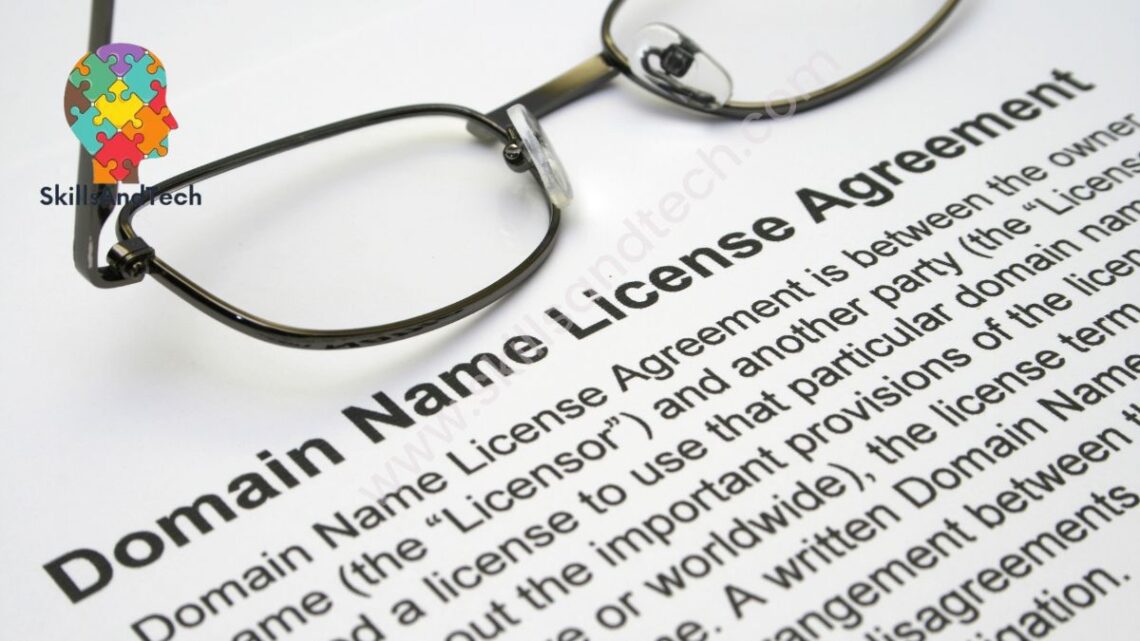
Advantages & Disadvantages of Licensing Agreements | SkillsAndTech
Licensing agreements are used whenever the owner of an item, such as an invention, a trademark or product, wants to give someone else the right to use and deal with that item. The licensee’s rights are dictated by the agreement, but can include rights such as selling the item or using the trademark on his own products. In return, the product owner or licensor receives royalties on any profits made.
See Also: How to Start a Bottle Store
Table of Contents
Advantage: Passive Revenue Opportunity
One advantage to the owner of the intellectual property being licensed is that he can potentially have a continuous stream of income while not having to do anything himself. In other words, the licensee has to do all the work to make the profit and the licensor gets a percentage of anything made. Rather than receiving one lump sum up front and being done, he continually gets money as the licensee makes profit. This allows the licensor to have a passive income stream without losing any ownership rights.
Disadvantage: Risking Loss of the IP
See Also: How to Start a Michigan Insurance Company
The owner of the intellectual property assumes a big risk when licensing his product. He might open the doors for piracy or having the technology stolen from him if he doesn’t have good legal representation. Policing a licensee’s use of the product to make sure he doesn’t infringe on his rights can be costly. Software piracy is just one example. Software is often licensed to end users. However, once one user gets the right to use the software, he might make copies of it and distribute it illegally, making a profit that he never pays royalties on.
Advantage: Licenses Lead to Profits
See Also: Charleys Philly Steaks Franchise In USA
The licensee also has the advantage of potentially increasing his own profits greater than the amount he would otherwise have enjoyed. Buying ownership of the intellectual property outright might have been too expensive. By paying for licensing rights instead, the licensee has to put down less money up front in order to enjoy the benefits of having access to the technology or property. If it’s an invention, he can improve upon it and potentially make more money than if he started from scratch. If it’s a trademark, he can enjoy the trademark’s reputation and extra income it could bring him.
Disadvantage: Overly Dependent on the Licensor
See Also: Mrs. Fields Franchise In USA
The licensee assumes a big risk by accepting a licensing agreement rather than purchasing the intellectual property outright. First, when it’s time to renew the license, the licensor might demand more money or stricter terms if he knows the licensee is dependent on the revenue. In addition if the licensee does not have an exclusive license, he could have competition that wouldn’t exist if he owned the property. This could affect his ability to profit off the agreement.






One Comment
Pingback: